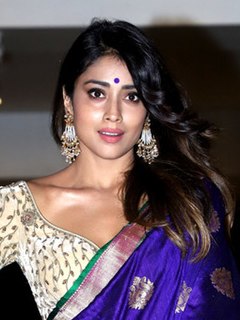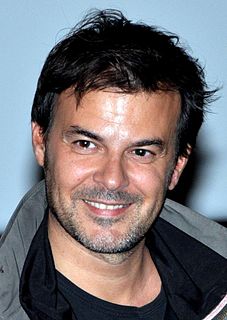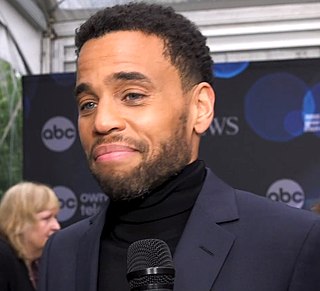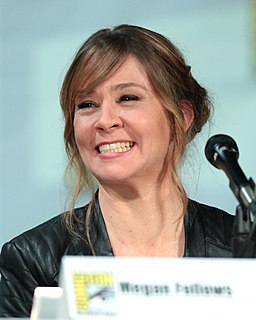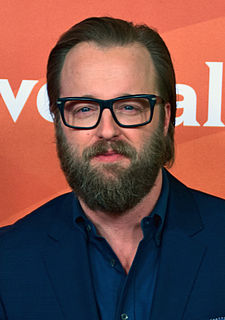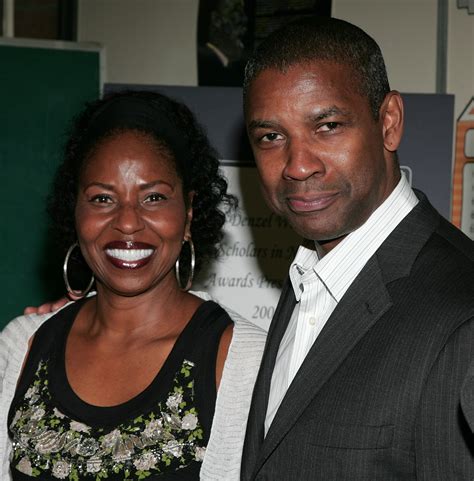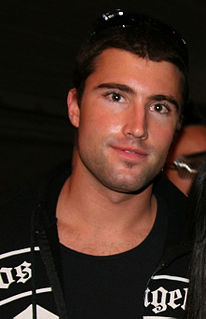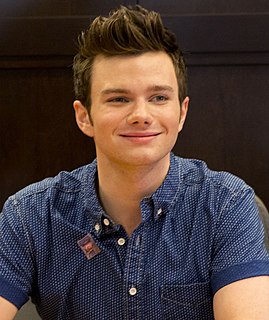A Quote by Shriya Saran
We need women behind the camera like we do in front of the camera. That's when we will have stronger, smarter, better roles for us.
Related Quotes
There still aren't enough[ roles for women of color]. And I'd say that's the case, not only for African-American women, but for all women in the Hollywood game. It's just slim pickings, and a very challenging time for us. I think that's why more of us need to work our way behind the camera in order to create roles that really illuminate who women are. We still have room for growth in that area, without a doubt.
